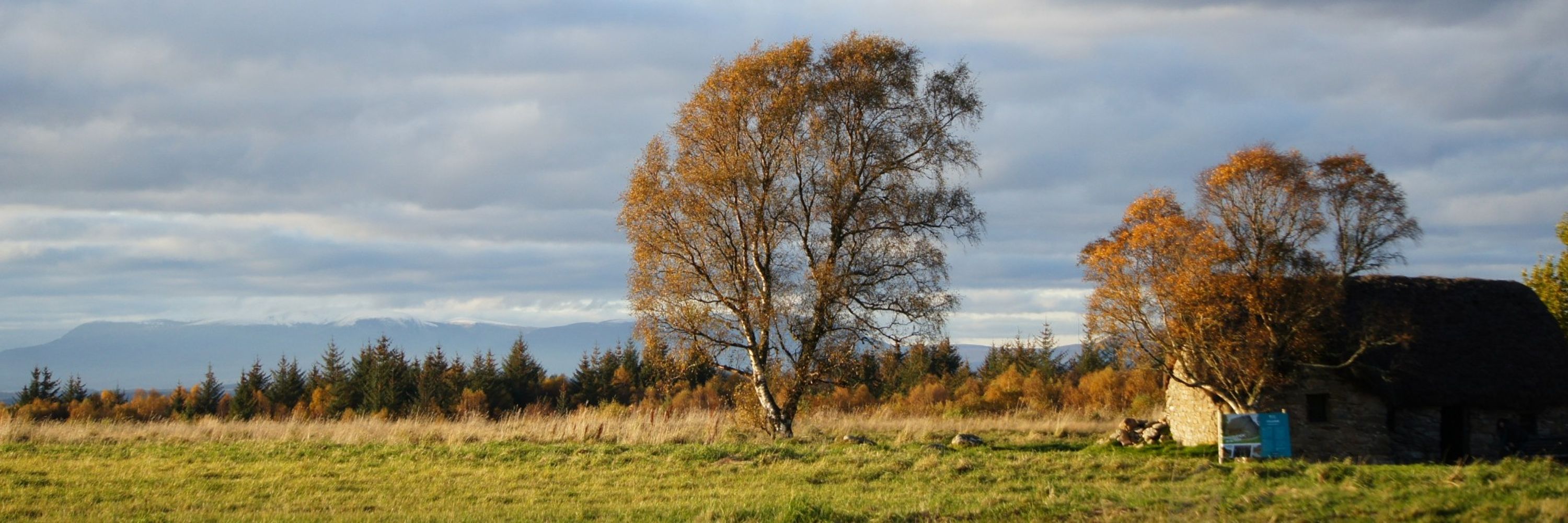

HippoMaps: multiscale cartography of the human hippocampus
Open-source tools & data to explore structure and function of the 🍤🧠 (histology, in/ex vivo MRI, iEEG)
Led by @jordandekraker.bsky.social
docs: hippomaps.readthedocs.io
paper: doi.org/10.1038/s415...

www.nature.com/articles/s44...

www.nature.com/articles/s44...
www.bps.org.uk/psychologist...
Repost for your chance to win a copy of his book, 'The Science of Storytelling'.

www.bps.org.uk/psychologist...
Repost for your chance to win a copy of his book, 'The Science of Storytelling'.
doi.org/10.1073/pnas...
We show that the hippocampus detects mismatches between ongoing experiences and episodic memories but not generalised schematic knowledge.
See 🧵for how we got here:
#neuroskyence #PsychSciSky
doi.org/10.1073/pnas...
We show that the hippocampus detects mismatches between ongoing experiences and episodic memories but not generalised schematic knowledge.
See 🧵for how we got here:
#neuroskyence #PsychSciSky
Brain regions’ representations can become coarser or finer as event familiarity increases. Fine-tuning predicts memory recall.
Excited to share this work with Narjes Al-Zahli & @chrisbaldassano.bsky.social!

osf.io/preprints/ps...
osf.io/preprints/ps...
We provide evidence that gaze reinstatement & neural reactivation are deeply related phenomena that jointly reflect the experiences constructed during recall. doi.org/10.1038/s414...
🧵1/9

We provide evidence that gaze reinstatement & neural reactivation are deeply related phenomena that jointly reflect the experiences constructed during recall. doi.org/10.1038/s414...
🧵1/9
New paper led by @shenyanghuang.bsky.social!
academic.oup.com/cercor/artic...
Older adults' memory benefits from richer semantic contexts. We found connectivity patterns supporting this semantic scaffolding.



New paper led by @shenyanghuang.bsky.social!
academic.oup.com/cercor/artic...
Older adults' memory benefits from richer semantic contexts. We found connectivity patterns supporting this semantic scaffolding.
It also creates additional features for reproducibility and teaching like a readme, license, .gitignore and Quarto templates
+ can validate existing projects
It also creates additional features for reproducibility and teaching like a readme, license, .gitignore and Quarto templates
+ can validate existing projects
Here, we ask a classic ? Do short- and long-term memory rely on separate or shared underlying stores
Checkout the preprint: bit.ly/3Hyyl83
#neuroskyence #PsychSciSky

Here, we ask a classic ? Do short- and long-term memory rely on separate or shared underlying stores
Checkout the preprint: bit.ly/3Hyyl83
#neuroskyence #PsychSciSky
Includes open M/EEG & iEEG datasets & open software / analysis tools, and resources for DSP, Python, git, etc:
openlists.github.io
Includes open M/EEG & iEEG datasets & open software / analysis tools, and resources for DSP, Python, git, etc:
openlists.github.io
Free link to the paper in Nature Communication is rdcu.be/eAwni !

Free link to the paper in Nature Communication is rdcu.be/eAwni !

I am so delighted that this work found a wonderful home at Open Mind. The peer review journey was a rollercoaster but it *greatly* improved the paper.
direct.mit.edu/opmi/article...
I am so delighted that this work found a wonderful home at Open Mind. The peer review journey was a rollercoaster but it *greatly* improved the paper.
direct.mit.edu/opmi/article...
Thank you @jwilber.bsky.social for breaking this down so clearly
Thank you @jwilber.bsky.social for breaking this down so clearly
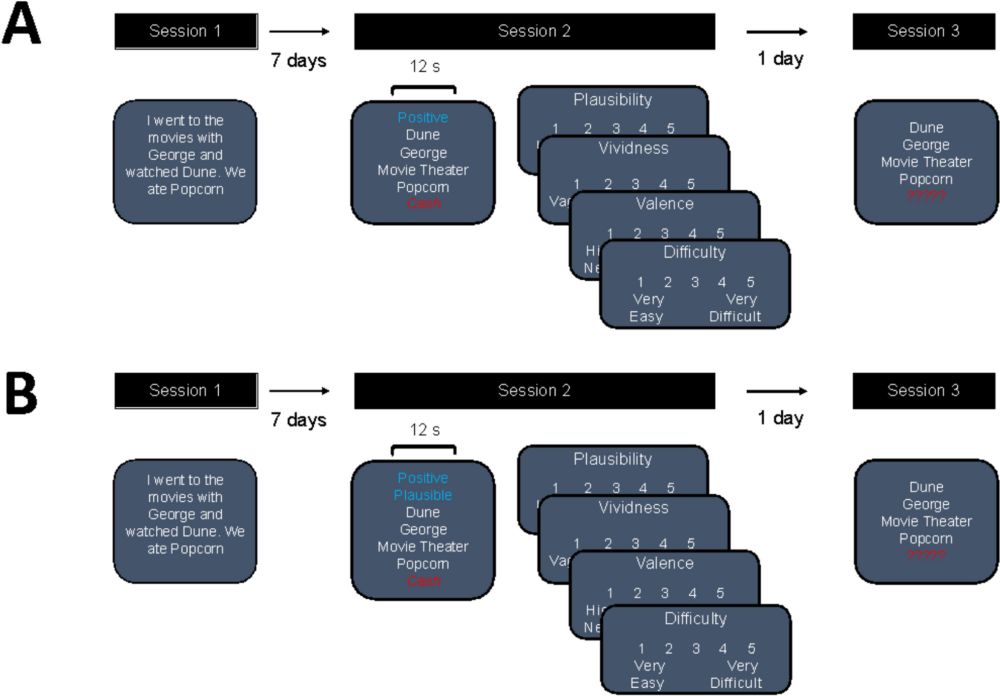
In @nathumbehav.nature.com, @chazfirestone.bsky.social & I take an experimental approach to style perception! osf.io/preprints/ps...
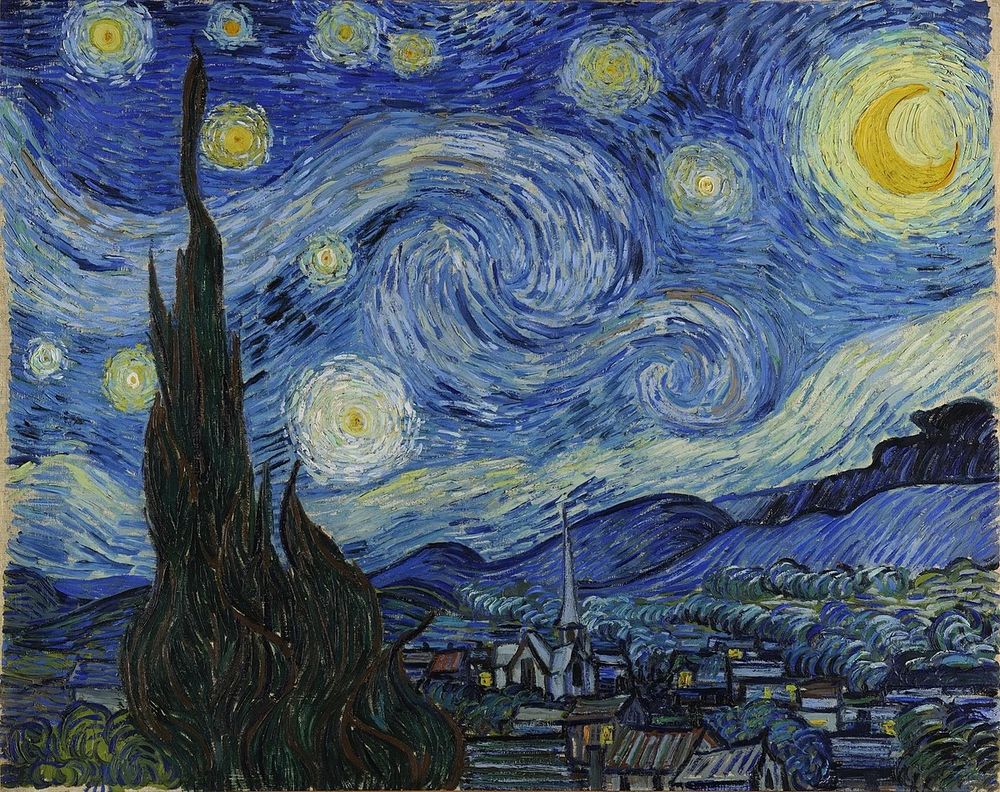
In @nathumbehav.nature.com, @chazfirestone.bsky.social & I take an experimental approach to style perception! osf.io/preprints/ps...
“Investigating dreams by strategically presenting sounds during REM sleep to reactivate waking experiences”
authors.elsevier.com/c/1lWFU6TBG5...
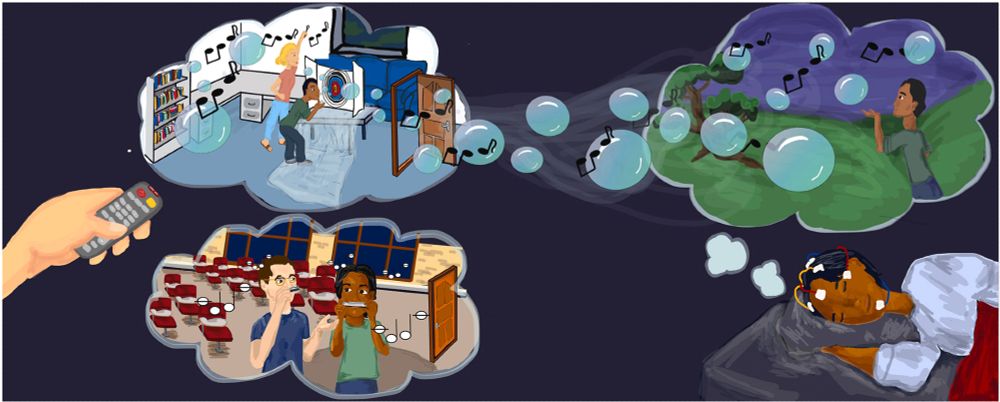
“Investigating dreams by strategically presenting sounds during REM sleep to reactivate waking experiences”
authors.elsevier.com/c/1lWFU6TBG5...
We used EEG + memory testing to show that odors trigger sustained brain activity—and shape memory for events happening after the smell disappears.
#Neuroscience #Olfaction
🧵Thread (1/6)

Based on 4 independent data sets (incl. EEG/iEEG, eye tracking, gaze manipulation & memory), we advocate for a new perspective on the function of the brain's dominant rhythm 🧠
Check Xiongbo's thread for more 👇
Excited to share our latest work on alpha/beta activity, eye movements, and memory.
Across 4 experiments combining scalp EEG/iEEG with eye tracking, we show that alpha/beta activity directly reflects eye movements, and only indirectly relates to memory.
👇 Highlights (1/7):
Based on 4 independent data sets (incl. EEG/iEEG, eye tracking, gaze manipulation & memory), we advocate for a new perspective on the function of the brain's dominant rhythm 🧠
Check Xiongbo's thread for more 👇
-> tinyurl.com/prfra87k

The Effects of External Cue Overlap and Internal Goals on Selective Memory Retrieval.
Grateful for thorough reviews that made it stronger. Out now in #EJN: doi.org/10.1111/ejn..... w @alexamorcom.bsky.social @MattPlummer @ivorsimpson.bsky.social. Updated summary🧵👇
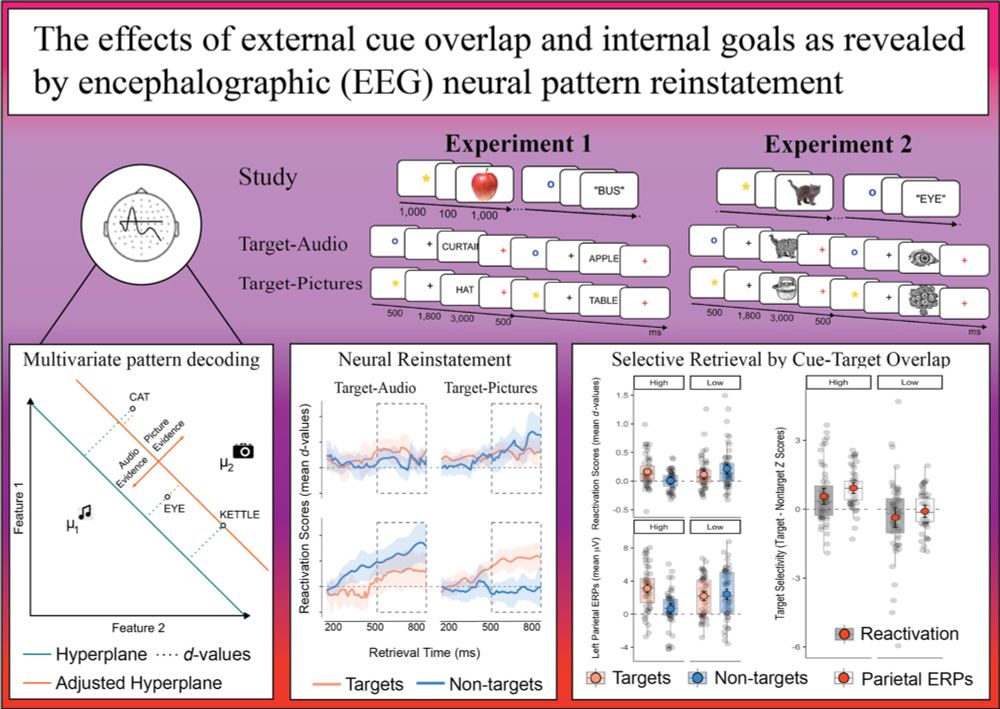
The Effects of External Cue Overlap and Internal Goals on Selective Memory Retrieval.
Grateful for thorough reviews that made it stronger. Out now in #EJN: doi.org/10.1111/ejn..... w @alexamorcom.bsky.social @MattPlummer @ivorsimpson.bsky.social. Updated summary🧵👇

